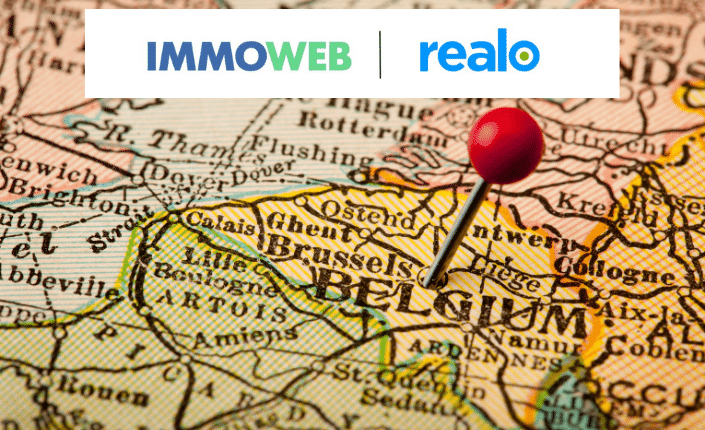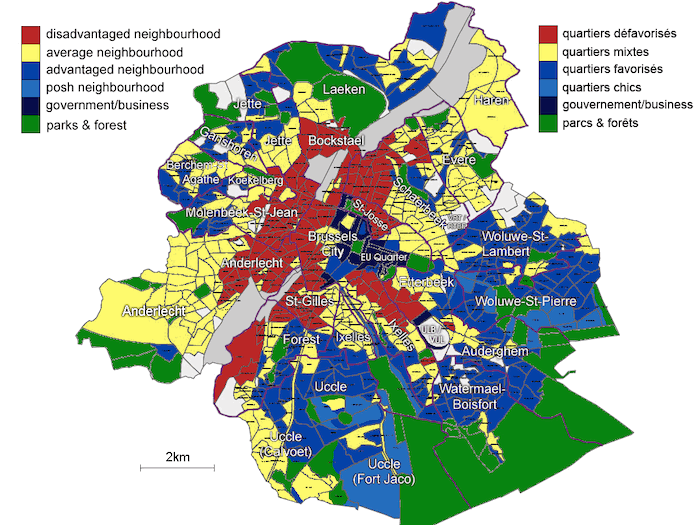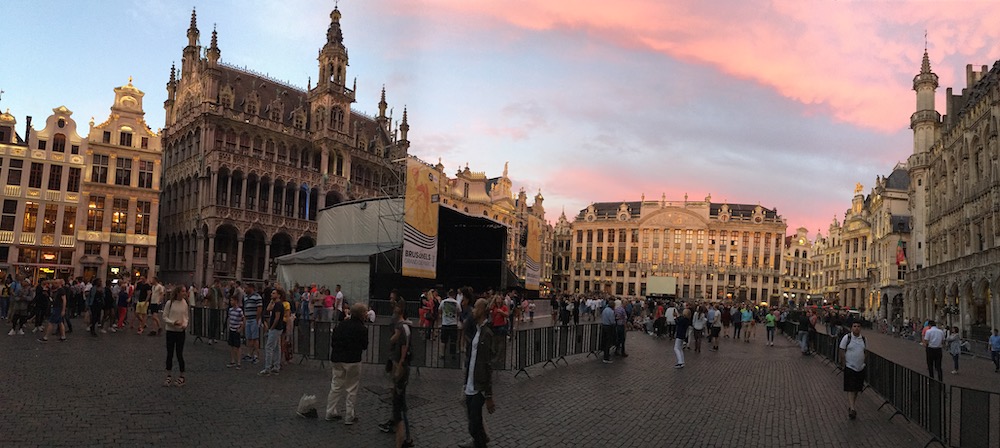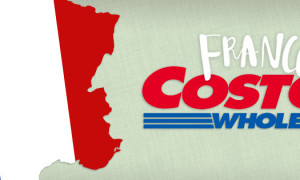Recently I wrote a post about moving within the Netherlands and the whole chaos surrounding the move. When I was drafting that story, it didn’t even cross my mind that in three months, I would be moving once more. This time, however, the move was not within the Netherlands. My partner and I had to pack everything and embark on a new journey to Brussels.
Easier said than done.
Heads up!
We faced some challenges, but everything stayed under control as far as I recollect. Before I explain everything about finding an apartment, which part of Brussels to look into and how to approach the search, I just want to mention that one month before the moving date, you should cancel all utility contracts you have signed.
Basically, you need to give a one-month notice to the landlord where you’re currently renting. If you are lucky, you will not be charged extra for breaking service contracts. For instance, Internet service provider Ziggo has a policy that if you prove that you are moving out of the country and you cannot take your contract with you, they will not charge you extra for cancelling your Internet subscription.
The water and the electrical utilities require you to send the meter readings on the day of your move to cancel the contracts for you.

Finding an apartment
Looking for an apartment in Brussels, at least, turned out to be easier than finding one in the Netherlands. First, there are many advertisements online and the housing market is much more competitive and not as tight.
Second, prices are not as high as the Netherlands, and you have the chance to find something that is two or three times bigger than your current flat for more or less the same price.
While this seems great at first, the apartments are sometimes rented out very quickly so you have to move fast.
What I’m recommending is, you have to go to Brussels and schedule a couple of viewings in one day.
This may be tricky especially if you live outside of Belgium because real estate agents call and want you to go to the location immediately. So, prepare to either ask for video calls or be on-site. One way around this is to have someone in Brussels who could do the viewing for you.
You can find apartments on Immoweb, which is probably the best-known housing website. Moreover, you can check the websites of different real estate agencies and explore the opportunities they offer.
Another website that you can possibly check is Rentola. We managed to find some available options there, but we had the most success with Immoweb.
A piece of advice that was useful in our case was setting email alerts for new apartments and going through them daily. In this way, we could stay on top of everything, keep a track of new properties available and communicate with real estate agents effectively. This is how we landed our current apartment.
Another important thing to consider is the price. Always pay attention if utilities are included in the rent or if you have to take care of them on your own. If you do not look into it on time, you may exceed your budget and be stuck in a financially uncomfortable situation.
Another thing before picking a place is the region. Think about the area and the proximity of supermarkets, public transport connections, and everything that may concern you such as safety and cleanliness.

Neighborhoods
Brussels is a huge city. Picking a neighbourhood should depend not only on your living standards but also on your job location and proximity to parks, supermarkets, the gym, and things you may find important to have nearby.
There are different maps online that could show you the neighbourhoods and which parts to avoid. You can pick from 19 communes and one of the most international communes is Ixelles. Although I personally do not live there, I have heard that it is a wonderful place for young people because there are plenty of cafés, restaurants, shops, and nice streets. We were looking into Etterbeek and Schaarbeek because the public transport connections fit our needs and everything we need is nearby.
Moving
As we all know, moving is a hectic process … stress, nerves, and a test of organizational skills at hand. Moving from one place to another place in Groningen was easy because it’s a relatively small university city. Moving from Groningen to Brussels turned out to be a challenge.
First and foremost, you have to figure out what is your moving budget. Think whether you want to sell your furniture and buy new things or want to take everything with you. If you’re taking everything, there are different companies which you can ask for a quote so you can check whether your budget covers the expenses.
For instance, Snel en Wel Verhuizingen was the perfect match for us and we were more than happy with their service, speed and communication. Depending on your location, there will be more local companies that will be offering similar services.
Of course, you do not have to hire a moving company. You can also rent a van or a bus and do it yourself depending on how confident you feel with your driving skills. I know many people who chose this option and did everything themselves.
Documents
Once all these things are settled, there comes to time to register in your commune. Every commune has its own postcode, and the procedure should be more or less the same. Registering requires you to fill out a form, upload your ID, and possibly your rental lease.
Once this is done, you have to wait for the police to visit your home address.
This is a lengthy process, and it can take more than one month to get your residence card. Once, you have this card, you will be able to log into government portals, pay taxes, and get a work contract.
However, this is different from commune to commune. So my advice would be to research your area and figure out what is required from you to submit. Once, you receive your card, everything from registering as a freelancer to opening a bank account should become easier.
The job scene
The job market in Brussels is extremely international. There are many opportunities that suit various professions. What is more, Brussels offers multiple traineeships which are paid.
That’s right! Traineeships in Brussels are paid and they can provide you with the opportunity to kickstart your career as a young professional.
Brussels is a hub for EU-related employment, with positions ranging from permanent staff to temporary contracts, internships, and assistantships. For job seekers, there are various resources available which include LinkedIn, Expatica and other job portals, Actiris (the public employment service for the Brussels-Capital Region), and of course networking and sending unsolicited applications to companies of interest.
Of course, while the job market in Brussels is diverse and offers numerous opportunities, there are also requirements. For example, many jobs require fluency in French, Flemish Dutch and English.
The more languages you know, the better.

Polya Pencheva
Polya Plamenova Pencheva is a young Bulgarian journalist based in Groningen, Netherlands. Polya holds a Master's degree in journalism from Rijksuniversiteit Groningen and loves writing and telling the untold stories of interesting people. You can find her dining at cute café, shopping at markets, scouting second-hand shops or just chillin' at home with something great to read.









